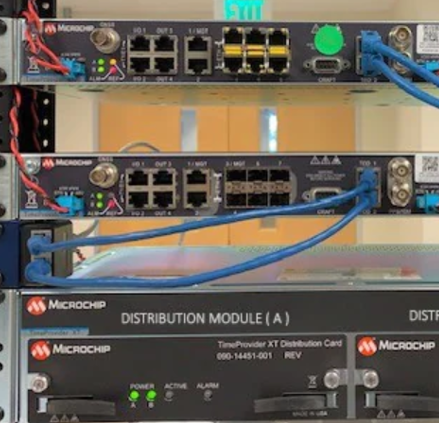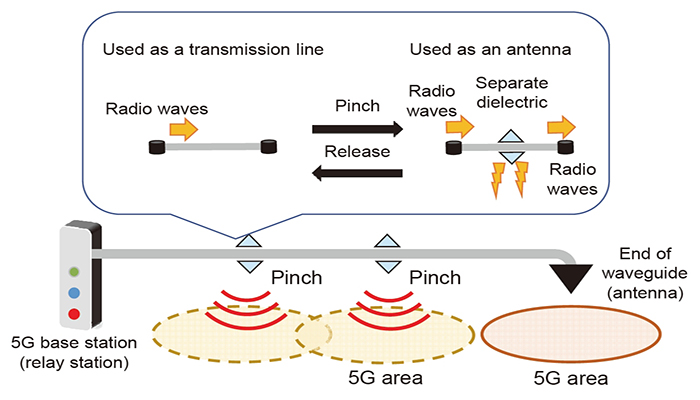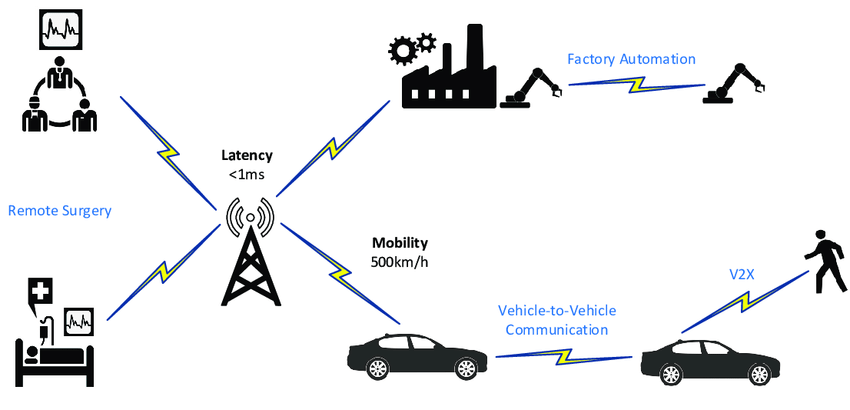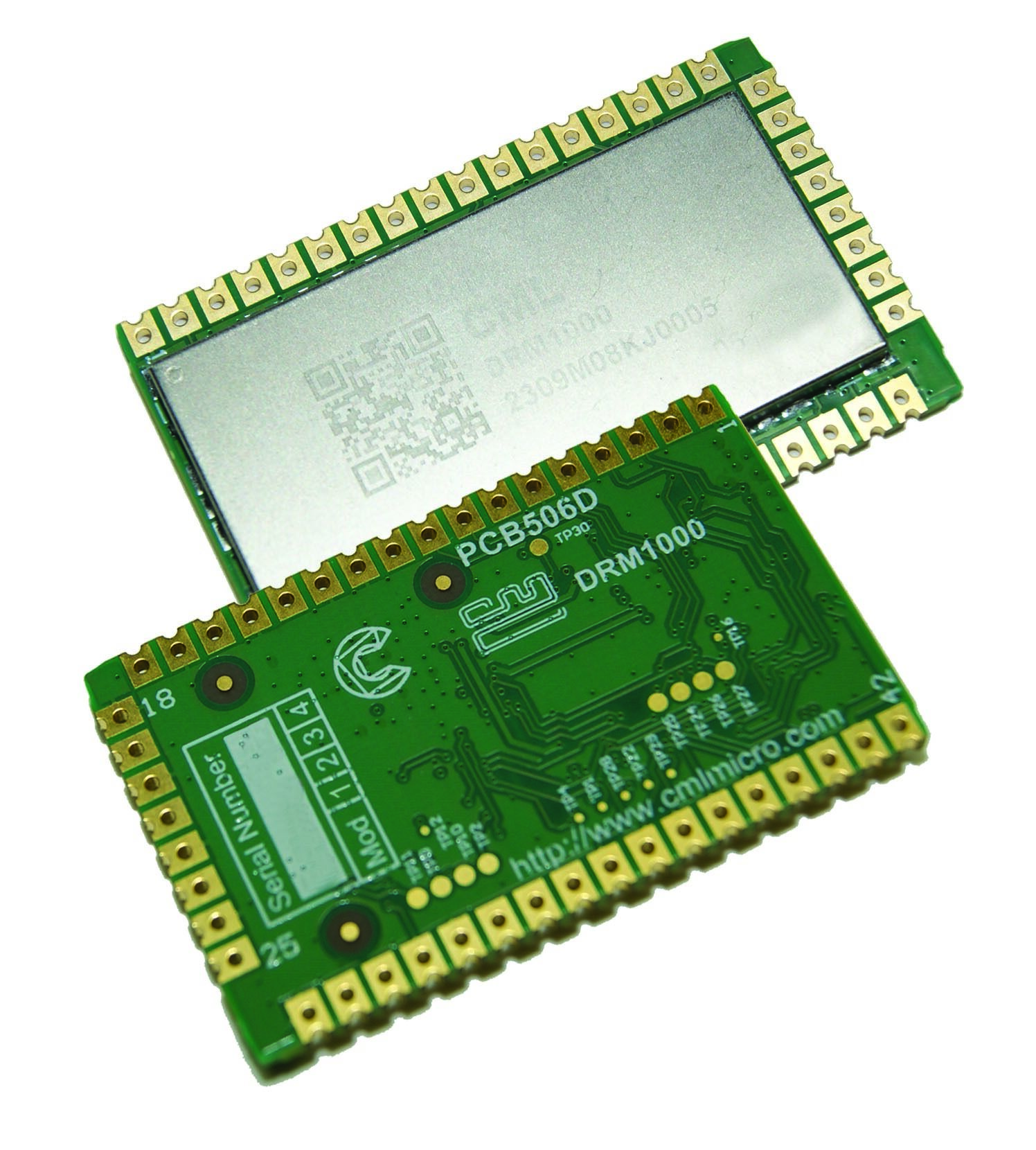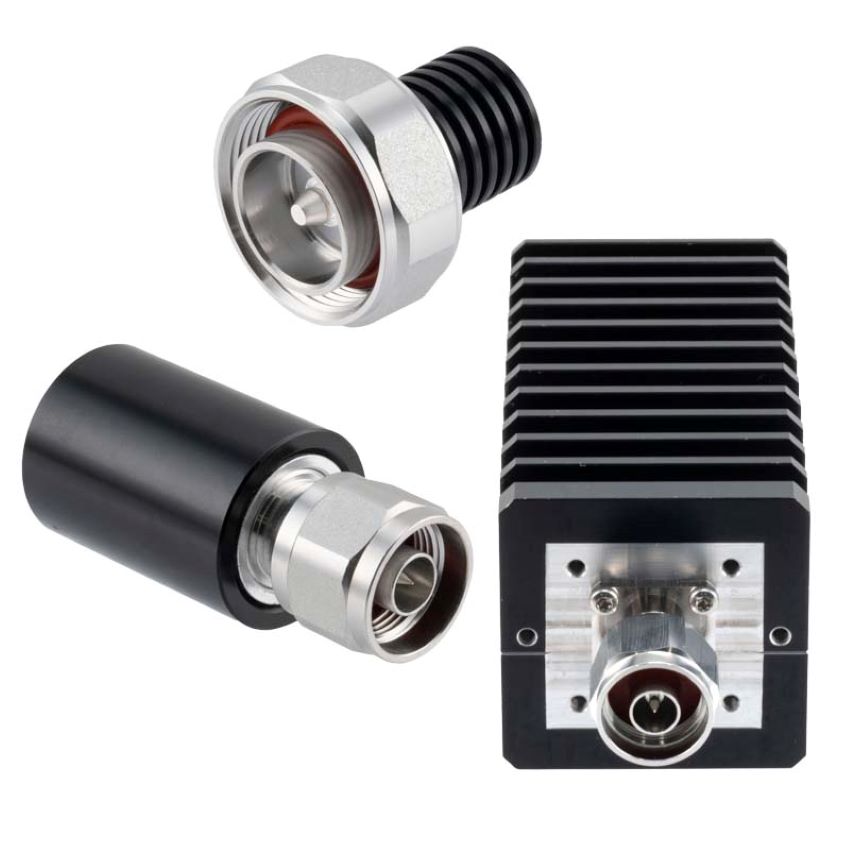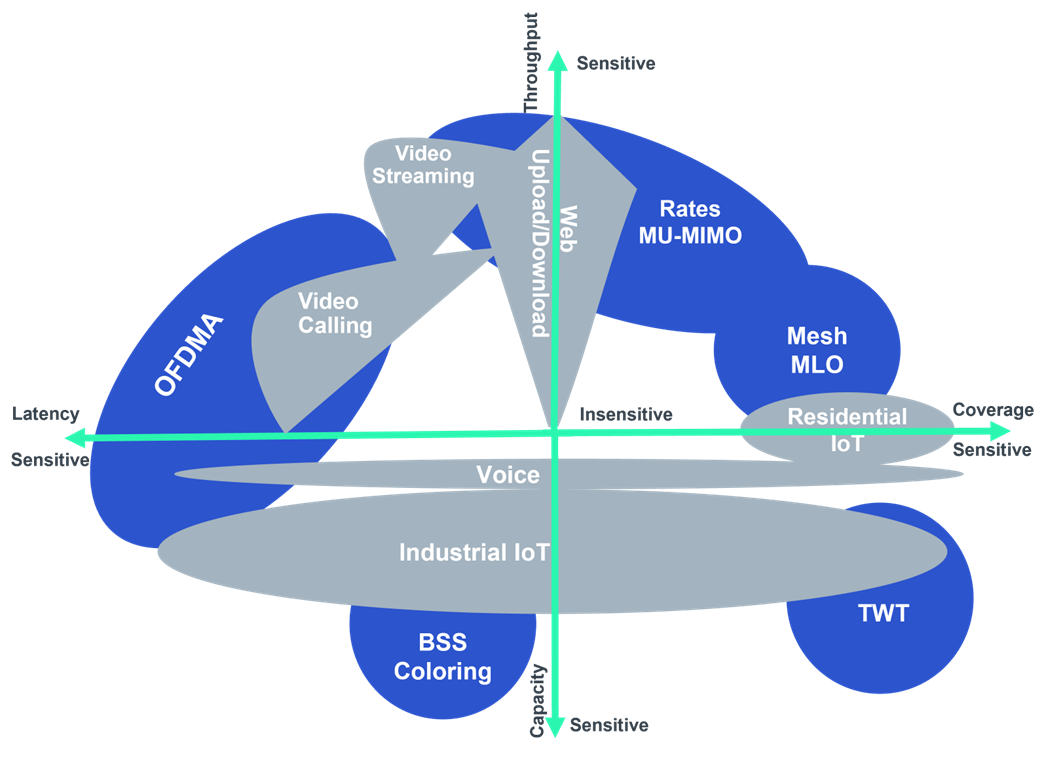The Global Certification Forum (GCF) announced that it is adding certification for devices using 450 MHz bands. This will enable compliance with the highest quality and interoperability requirements for devices operating in the 400 to 450 MHz spectrum range, with LTE bands B31 and B72 initially in scope. Cellular bands in this spectrum range are becoming the…
Viavi, R&S combine to test OpenRAN radios
Rohde & Schwarz (R&S) and VIAVI Solutions Inc. announced an expansion of their partnership delivering state-of-the-art O-RU testing. These solutions are ideally suited to the needs of radio manufacturers planning to bid for the United States Department of Commerce’s National Telecommunications and Information Administration (NTIA) Public Wireless Supply Chain Innovation Fund (PWSCIF) Second Notice of…
Cable assemblies support 112 Gpbs PAM4 per channel
Samtec, Inc. has announced the release of its NovaRay cable assemblies. These assemblies use 40% less space compared to traditional arrays, supporting 112 Gbps PAM4 per channel. They are suitable for applications in datacom, AI/ML, HPC, computer and semiconductor, medical, test and measurement, military/aerospace, and mobile networks. Samtec’s NovaRay cable assemblies provide low crosstalk (<30…
Timing module extends the life of legacy network equipment
Microchip Technology announces the new TimeProvider XT Extension System, a fan-out shelf used with redundant TimeProvider 4100 grandmasters to migrate legacy BITS/SSU equipment to a modular and resilient architecture. The TimeProvider XT provides operators with a clear path to replace existing SONET/SDH frequency synchronization equipment while adding timing and phase, essential for 5G networks. As…
Can dielectric waveguide antennas boost 5G efficiency?
5G base stations rely on phased arrays to steer signals and increase data rates. Beam steering circuits, however, consume power. Using waveguides could reduce energy consumption in base stations. Waveguides are physical structures that direct electromagnetic waves from one point to another, confining energy within specific boundaries to control propagation, direction, and mode. While waveguide…
What are 5G’s, the different types, and how are they used?
5G is much more than cell phones. IoT devices, medical devices, and industrial devices can connect to networks using technologies such as TDD, network slicing, and beamforming. 5G New Radio (NR) made its long-awaited commercial debut in late 2018. Offering significantly faster speeds and greater capacity compared to 4G Long Term Evolution (LTE), 5G NR…
Receiver module adds broadcast radio to designs
CML Micro has announced the global availability of the DRM1000 module – a complete Digital Radio Mondiale (DRM) broadcast receiver implementation that will enable consumer radio manufacturers to connect communities with low-cost, low-power DRM radio designs. The module is a joint development by CML Micro and Cambridge Consultants, part of Capgemini Invent, combining CML Micro’s…
Ethernet analyzer decodes wireless protocols in wireline networks
GL Communications Inc. addressed the press regarding their advanced network analysis tool – PacketScan HD. This network appliance captures and analyzes high-speed Ethernet traffic up to 100 Gbps. With PacketScan HD, network engineers and cyber security professionals can accurately assess their network performance, identify bottlenecks, troubleshoot infrastructure and applications, and investigate security incidents. PacketScan HD…
RF terminations improve signal integrity
Fairview Microwave has announced the launch of its high-power RF terminations. They are designed to enhance signal integrity in demanding applications across telecommunications, aerospace, and defense sectors. The newly unveiled terminations feature cutting-edge 4.3-10, 7/16 DIN, and N-type connectorized designs, supporting a maximum frequency range of up to 6 GHz and power levels of up…
Wi-Fi performance testing now has standards
By Leigh Chinitz, Spirent Communications Until recently, service providers were unable to predict in-home performance of Wi-Fi devices because they lacked standardized test cases. Now, industry groups have advanced three new standards, each geared toward different Wi-Fi use cases. The Wi-Fi industry has long had standardized conformance testing to confirm that a device meets standards…




